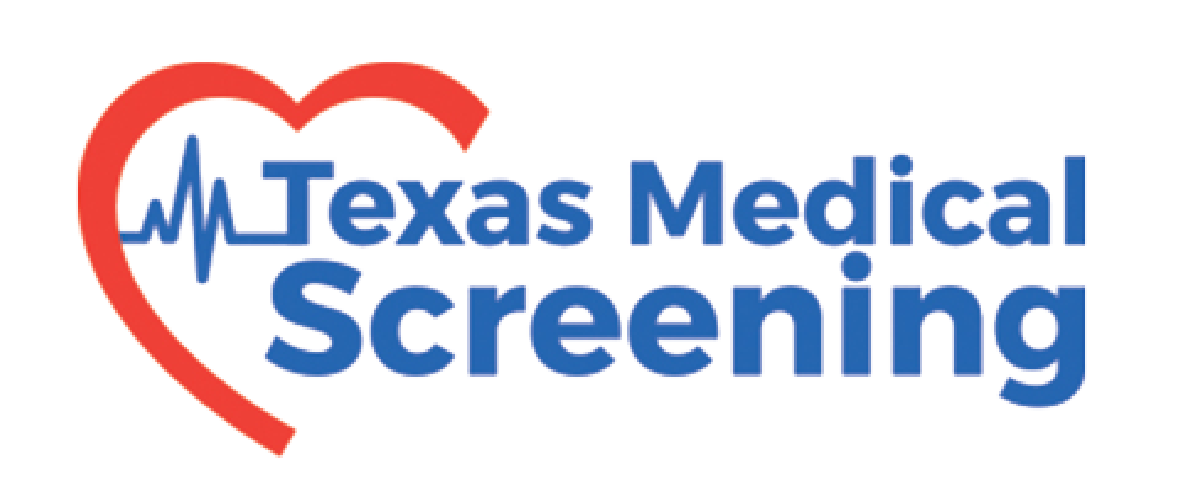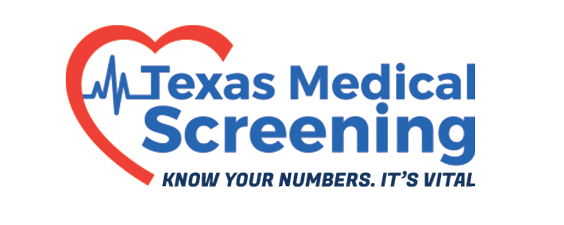In an era where health consciousness and preventive healthcare are increasingly prioritized, health screening and blood pressure kiosks have emerged as valuable tools in promoting early detection and proactive health management. These kiosks represent a fusion of advanced technology and medical diagnostics, designed to provide individuals with convenient access to essential health assessments in various public and private settings.
Understanding Health Screening Kiosks
A health screening kiosk is a self-service device equipped with various medical instruments and technologies that allow users to perform basic health assessments quickly and efficiently. Typically found in locations such as hospitals, clinics, workplaces, airports, and retail spaces, these kiosks aim to empower individuals by offering immediate feedback on vital health metrics.
Components and Features
Modern health screening kiosks are equipped with a range of components tailored to gather comprehensive health data. These may include:
- Blood Pressure Monitor: Measures systolic and diastolic blood pressure, essential for cardiovascular health assessment.
- Height and Weight Measurement: Calculates body mass index (BMI), aiding in assessing weight-related health risks.
Other Features can include:
- Body Temperature Scanner: Checks for fever or abnormal temperature readings, crucial for identifying potential infections.
- Pulse Oximeter: Determines oxygen saturation levels in the blood, important for respiratory health monitoring.
- Vision and Hearing Tests: Conducts basic assessments to screen for visual and auditory impairments.
- Questionnaires and Surveys: Collects information on lifestyle habits, medical history, and symptoms to enhance diagnostic accuracy.
How Health Screening Kiosks Work
Users interact with the kiosk through a user-friendly interface that guides them through the screening process step by step. Typically, the process involves inputting basic information, such as age and gender, followed by the completion of health assessments facilitated by the kiosk’s integrated devices. Upon completion, users often receive immediate results and recommendations based on their health metrics, promoting awareness and encouraging follow-up with healthcare providers when necessary.
Benefits of Health Screening Kiosks
- Accessibility: Provides convenient access to health assessments in high-traffic public areas and workplaces.
- Early Detection: Facilitates early detection of health issues, allowing for timely intervention and treatment.
- Efficiency: Reduces waiting times and eases the burden on healthcare facilities by handling routine health screenings.
- Promotes Health Awareness: Empowers individuals to take proactive steps towards managing their health through regular monitoring.
- Cost-Effective: Offers a cost-effective solution for both users and healthcare providers by minimizing the need for frequent clinic visits for basic screenings.
Considerations and Future Trends
While health screening kiosks present numerous benefits, ensuring accuracy, data privacy, and maintenance of equipment reliability remain critical considerations. Advances in artificial intelligence (AI) and machine learning are expected to enhance the diagnostic capabilities of these kiosks, potentially expanding their role in personalized health monitoring and chronic disease management.
Conclusion
In essence, a health screening kiosk represents a pivotal innovation in healthcare delivery, bridging the gap between accessibility and proactive health management. By offering users the ability to monitor key health metrics conveniently and swiftly, these kiosks not only promote early detection of health issues but also empower individuals to make informed decisions about their well-being. As technology continues to evolve, the role of health screening kiosks is set to expand, further transforming the landscape of preventive healthcare for years to come.
Looking for a blood pressure kiosk for your pharmacy, practice, or business? Contact Texas Medical Screening today to get started!



Recent Comments